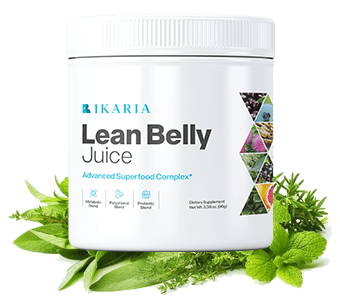Juice Fasting for Weight Loss: A Comprehensive Guide
By Dr. Emily Johnson, Published on October 16th 2023

Introduction:
Juice fasting has become a popular trend among those seeking rapid weight loss solutions. But how effective is juice fasting for weight loss, and what are the potential risks involved? This article provides a comprehensive overview, drawing insights from experts and scientific studies.
Understanding Juice Fasting:
Juice fasting, often referred to as a juice cleanse, involves consuming only fruit and vegetable juices, excluding all solid foods. While it promises a quick way to shed pounds, it’s essential to understand the science behind it and its long-term implications.
Why Do People Choose Juice Fasting for Weight Loss?:
The allure of juice fasting lies in its promise of rapid weight loss results. By replacing solid foods with juices, the calorie intake is drastically reduced, leading to a temporary drop in weight. However, it’s crucial to differentiate between weight loss from water and muscle versus genuine fat loss.
Potential Benefits of Juice Fasting:
Increased Nutrient Intake
Juice fasting can boost the intake of vitamins and antioxidants from fruits and vegetables.
- Digestive Reset: Some proponents believe that juice fasting offers digestive benefits by giving the gut a break from processing solid foods.
The Downside of Juice Fasting for Weight Loss:
- Lack of Satiety: Without fiber and protein, juices don’t provide the feeling of fullness, leading to increased hunger.
- Nutrient Deficiencies: Extended juice fasts can result in deficiencies of essential nutrients, including calcium, vitamin D, and iron.
- Metabolic Slowdown: Prolonged juice fasting can lead to muscle loss, which in turn can slow down metabolism.
- Health Concerns: Consuming high amounts of certain vegetables, like spinach, can introduce excessive oxalates, which have associated health risks.
Expert Insights:
Dana Hunnes, a senior dietitian at Ronald Reagan UCLA Medical Center, emphasizes that while juice fasting might help in shedding water weight, it’s not a sustainable method for fat loss. The weight often returns once regular eating patterns are resumed.
A Balanced Approach to Weight Loss:
For sustainable weight loss results, experts recommend combining a balanced diet with regular exercise. High-intensity interval training, coupled with a whole foods diet, can offer more lasting and healthier outcomes than juice fasting alone.
Conclusion:
While juice fasting for weight loss can provide short-term results, it’s essential to weigh the benefits against potential health risks. A holistic approach to weight loss, focusing on nutrition, exercise, and overall well-being, is more effective in the long run.


Dr. Emily Johnson
RD, Nutritionist



